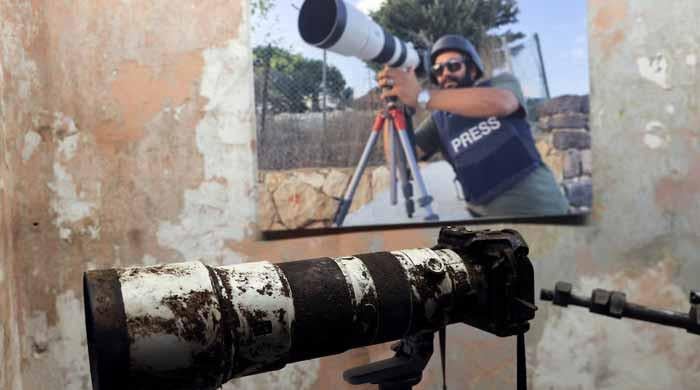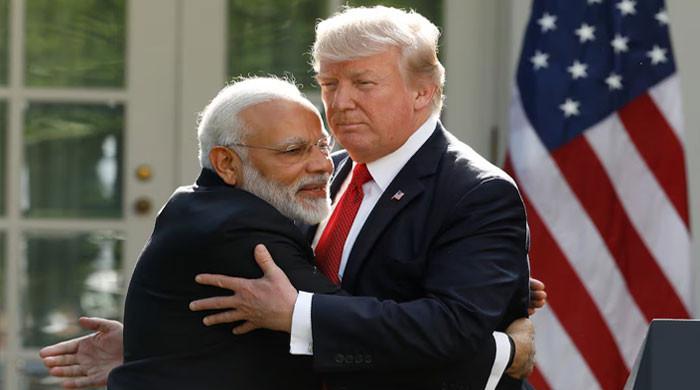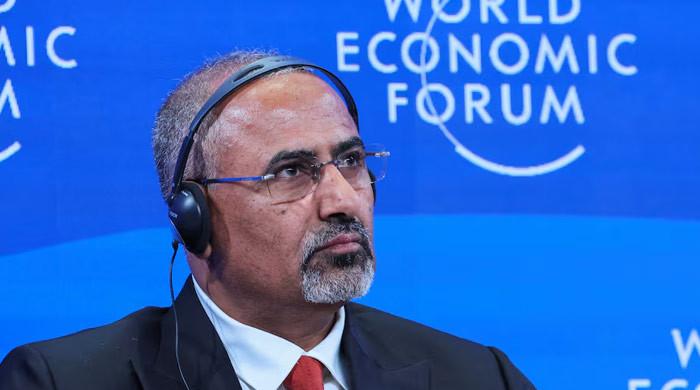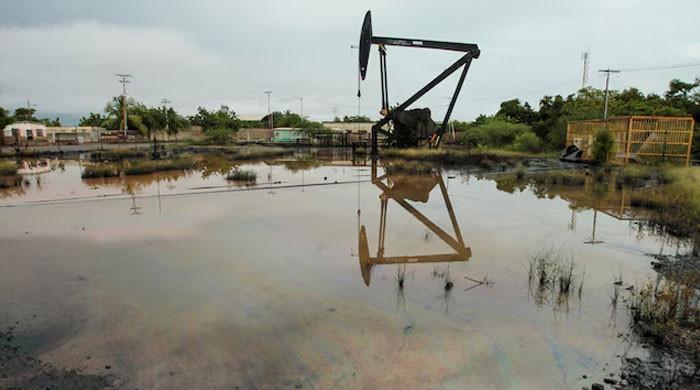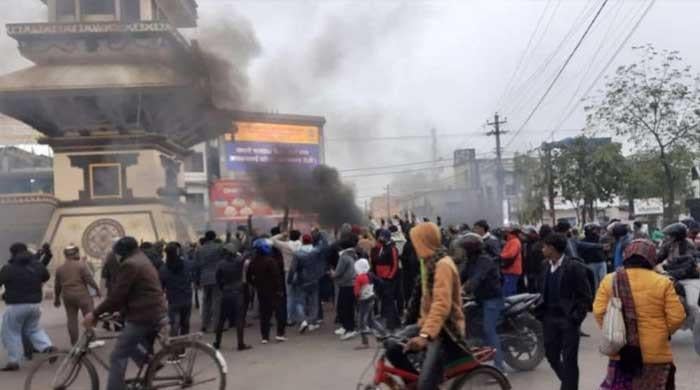EU sets aside 300 million euros in humanitarian aid for Afghanistan
"We stand by" the people of Afghanistan, EU President Leyen says, vowing more aid to Kabul
September 30, 2021
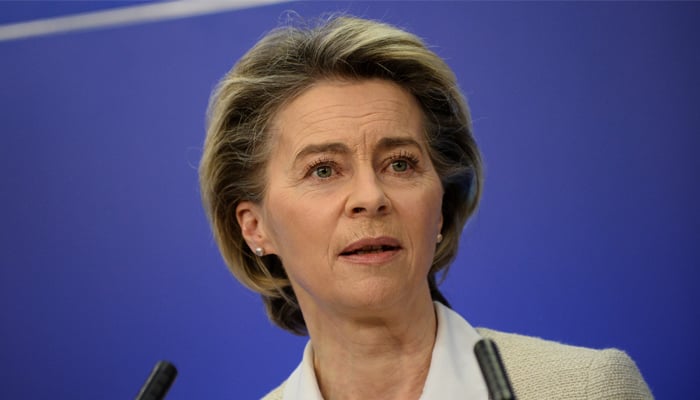
- "We stand by" the people of Afghanistan, EU President Leyen says.
- The EU Commission president vows more aid to the country.
- EU delivers over 32 tonnes of life-saving cargo to Afghanistan.
The European Union is making available 300 million euros in humanitarian assistance for Afghanistan, President of the EU Commission Ursula von der Leyen said Wednesday.
The EU Commission's president said "we stand by" the people of Afghanistan, as she noted that a day earlier EU had transported critical aid to Afghanistan, and "more will come".
The European commissioner for crisis management on Wednesday said that a plane carrying 32 tonnes of relief aid provided by the UN children's and health agencies landed in Afghanistan.
"Today, the EU Humanitarian Air Bridge delivered over 32 tonnes of life-saving cargo to Afghanistan," the commissioner for crisis management, Janez Lenarcic, said in a tweet.
"This EU-funded plane enables our partners UNICEF & WHO deliver critical aid to Afghans affected by conflict & cholera outbreak," Lenarcic said.
Meanwhile, the United States had last week further paved the way for aid to flow to Afghanistan despite US sanctions on the Taliban, who seized control of the country last month, issuing general licenses amid concern that Washington's punitive measures could compound an unfolding humanitarian crisis.
The US Treasury Department said it issued two general licenses, one allowing the US government, NGOs, and certain international organizations, including the United Nations, to engage in transactions with the Taliban or Haqqani Network — both under sanctions — that are necessary to provide humanitarian assistance.
Even before the shock of the Western-backed government's collapse, the economy was struggling, but the return of the Taliban and the abrupt end of billions of dollars in foreign aid has left it in a deep crisis.
A Taliban offensive, as foreign forces withdrew from Afghanistan after a 20-year war, culminated in the capture of the capital Kabul on August 15, two decades after they were driven from power by a US-led campaign in the wake of the September 11 attacks on the United States.
Moreover, Pakistan, which shares a border with Afghanistan and hosts millions of Afghan refugees from decades of conflict, is concerned about the economic crisis hitting its neighbour.
Prime minister Imran Khan and other officials have urged the international community not to isolate the Taliban administration, saying aid should be provided to prevent economic collapse and a wave of refugees.




